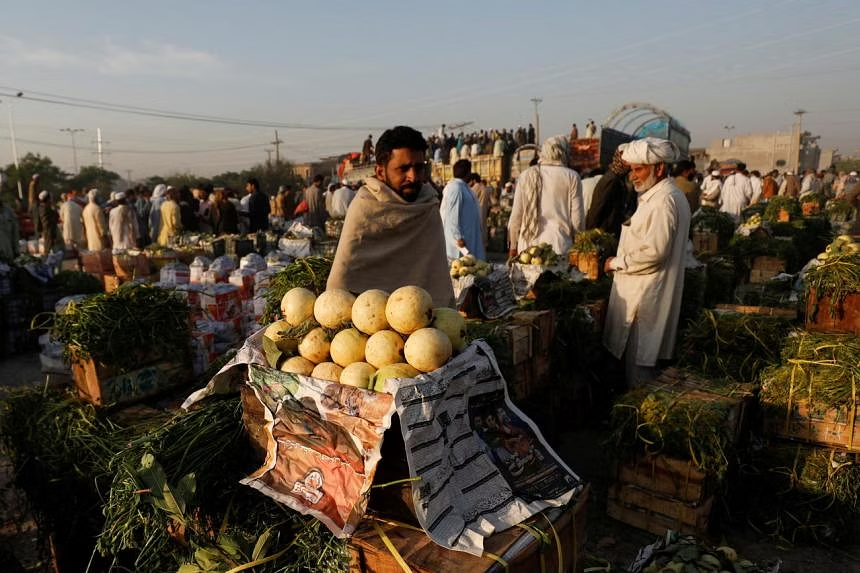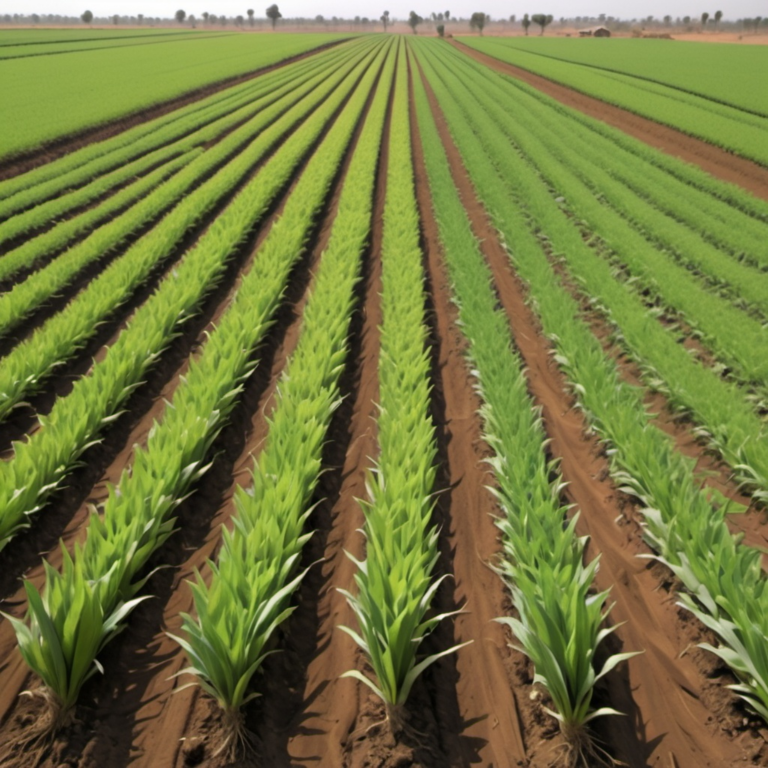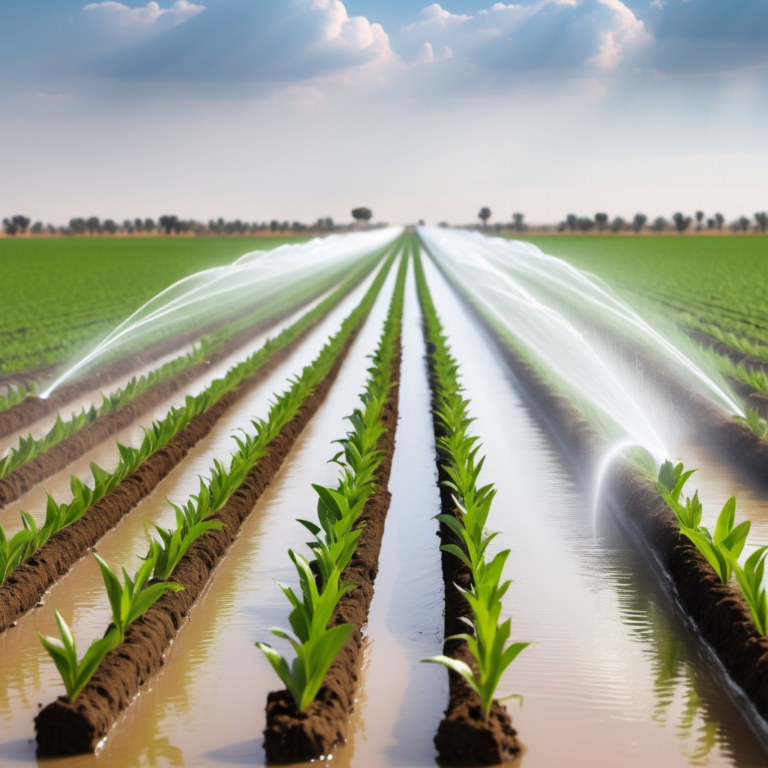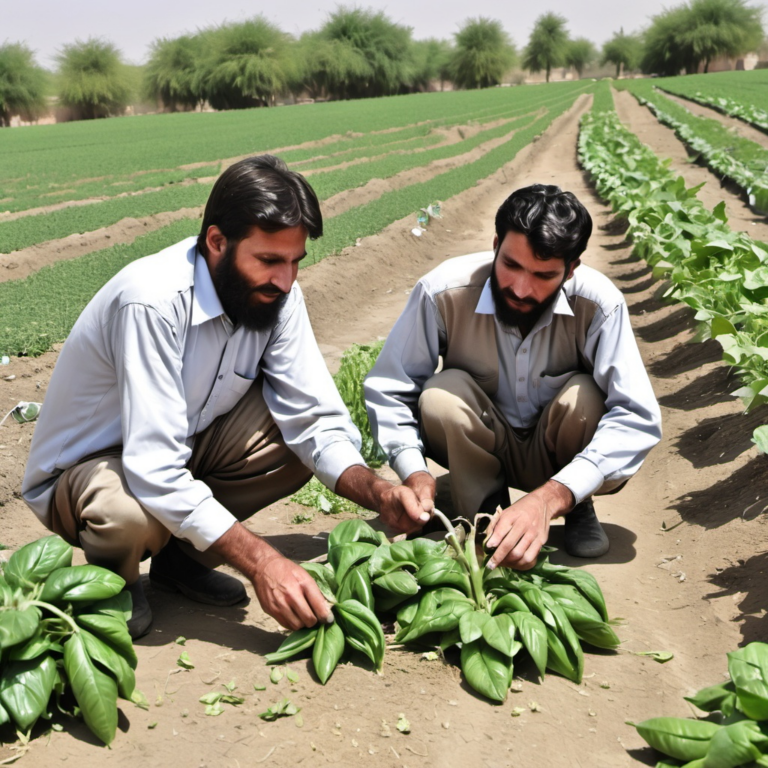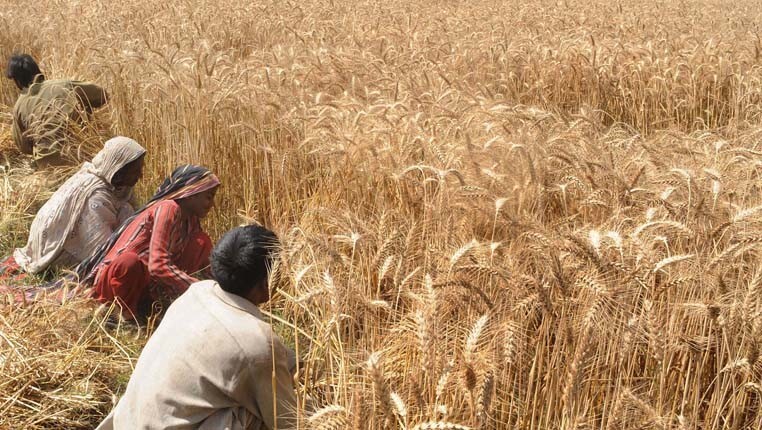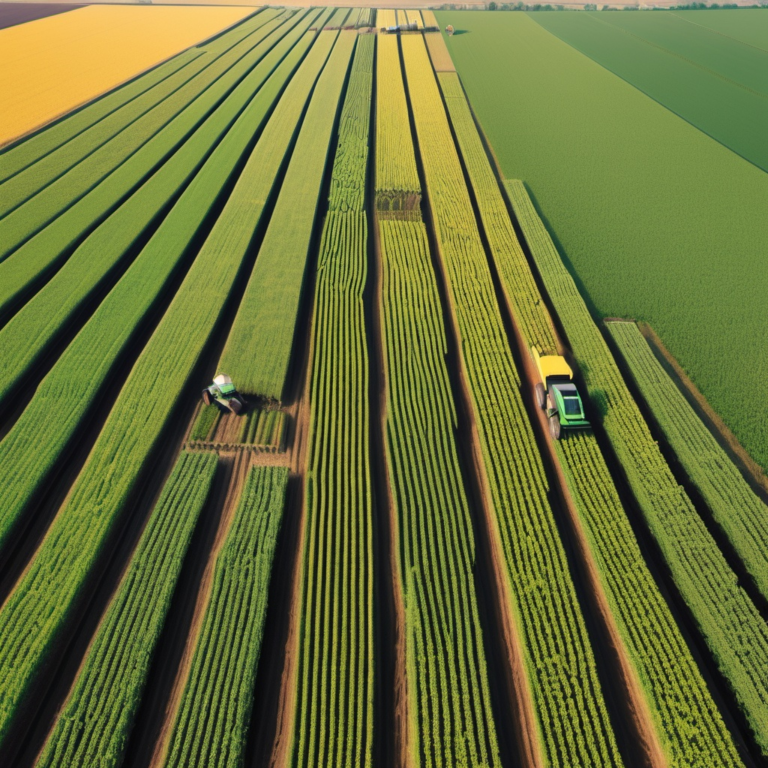The Potential of Organic Farming in Enhancing Food Security in Pakistan
Pakistan, an agrarian economy, is facing numerous challenges related to food security. With a rapidly growing population, erratic weather patterns due to climate change, and declining soil fertility, the traditional methods of farming are struggling to keep pace with the increasing demand for food. In this context, organic farming presents a sustainable and highly effective solution that can enhance food security, while also addressing environmental and health concerns.
The Current Food Security Landscape
Pakistan ranks poorly in global food security indexes, with a significant portion of its population facing malnutrition and hunger. According to the World Food Programme (WFP), 36.9% of Pakistan’s population is food insecure, and stunting affects 40.2% of children under the age of five. A heavy reliance on chemical-based farming has exacerbated these issues by degrading soil health and diminishing biodiversity. Additionally, the excessive use of pesticides and fertilizers has contaminated water sources, further impacting both crop yield and human health.
Organic Farming as a Solution
Organic farming, which emphasizes the use of natural inputs such as compost, manure, and crop rotations, can play a transformative role in overcoming these challenges. One of its most significant advantages is its ability to regenerate soil health. Healthy soil, rich in organic matter, holds more water, resists erosion, and promotes biodiversity. This leads to more resilient agricultural systems, capable of withstanding climate-related shocks, such as droughts or floods, that often disrupt food production in Pakistan.
Enhanced Productivity and Sustainability
Contrary to the common misconception that organic farming produces lower yields, research has shown that, when managed properly, organic farming can achieve comparable yields to conventional farming, especially in developing countries like Pakistan. Studies conducted by the Rodale Institute have demonstrated that organic systems outperform conventional ones in drought conditions, yielding 31% more crops. This productivity is crucial in regions like Pakistan, where water scarcity is becoming an ever-growing concern.
Furthermore, the reduced dependence on chemical inputs lowers production costs for farmers, allowing them to achieve higher profitability. This is particularly important for smallholder farmers in Pakistan, who often face financial challenges due to the high costs associated with synthetic fertilizers and pesticides. The economic benefits of organic farming, coupled with its environmental sustainability, make it an attractive alternative for boosting local food production and rural livelihoods.
Health and Environmental Benefits
The consumption of organic food is associated with numerous health benefits. Organic crops are free from synthetic pesticides, herbicides, and genetically modified organisms (GMOs), leading to lower risks of food contamination. This is vital for Pakistan, where food-borne diseases are a major public health issue. Moreover, organic farming reduces environmental pollution by avoiding harmful chemicals, preserving ecosystems, and promoting biodiversity.
Promoting Organic Farming in Pakistan
The adoption of organic farming in Pakistan, however, faces several challenges, including lack of awareness, access to organic inputs, and certification processes. Government policies and incentives can play a critical role in encouraging organic practices. Initiatives such as providing subsidies for organic fertilizers, offering training for farmers, and establishing organic certification systems can accelerate the transition to organic agriculture.
Additionally, Pakistan’s organic farming sector has significant export potential. Globally, demand for organic products is rising, and Pakistan, with its vast agricultural base, could position itself as a key player in the international organic market. This would not only enhance food security domestically but also contribute to the country’s economic growth.
Organic farming holds immense potential for enhancing food security in Pakistan by promoting sustainable agricultural practices, improving soil health, and boosting productivity. By adopting organic methods, Pakistan can not only address its food security challenges but also improve public health, preserve the environment, and foster economic development. It is imperative that stakeholders, including the government, private sector, and farmers, collaborate to promote organic farming as a cornerstone of the country’s food security strategy.

